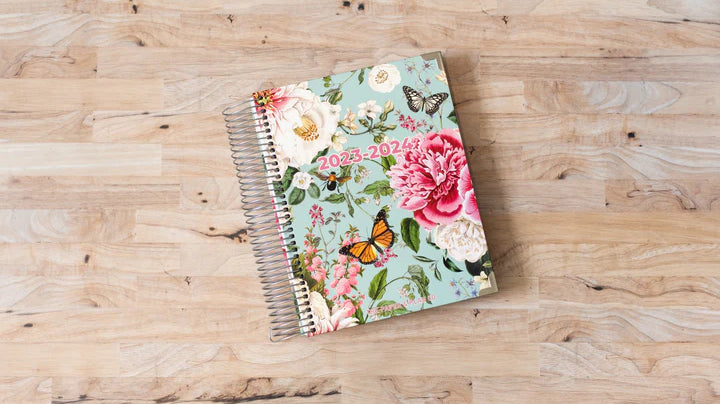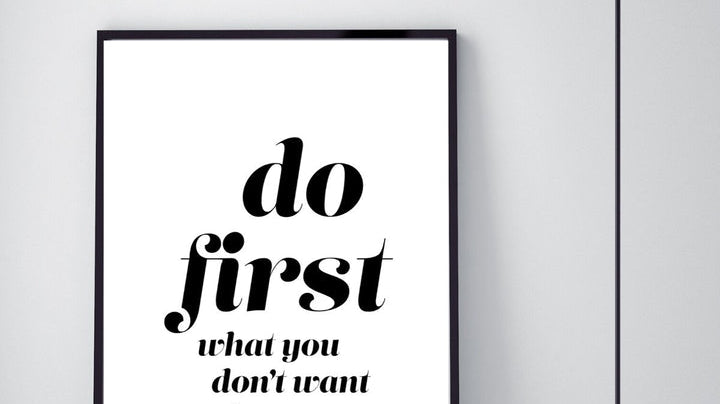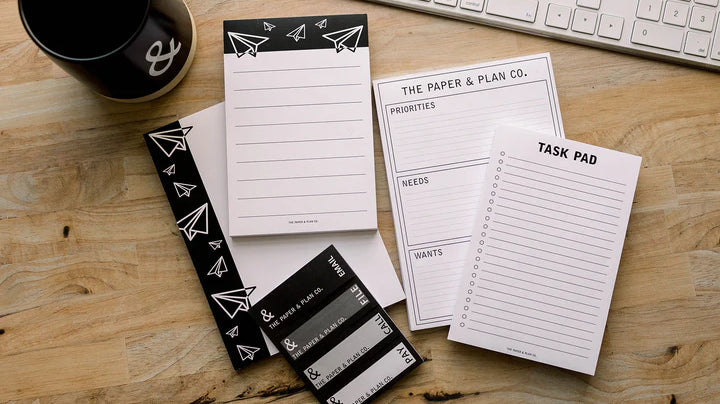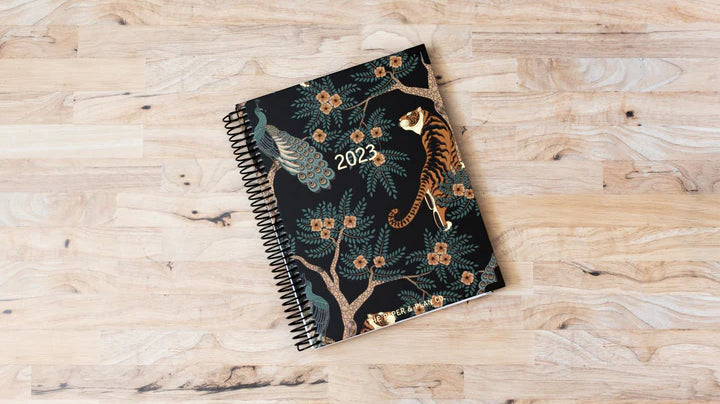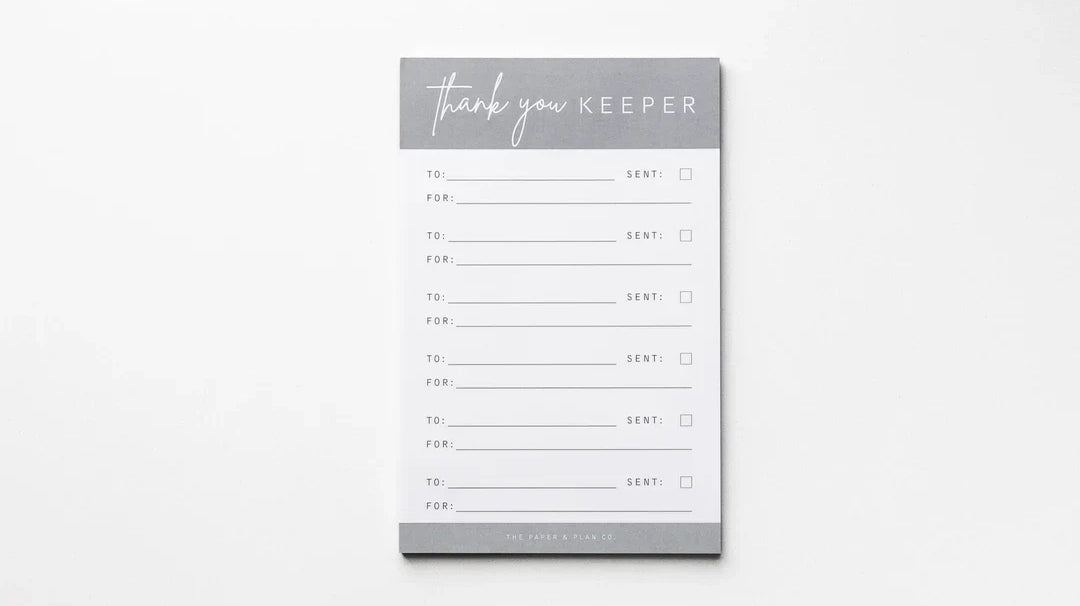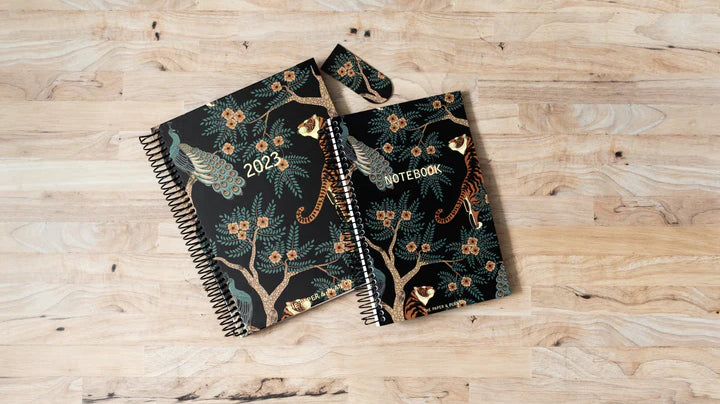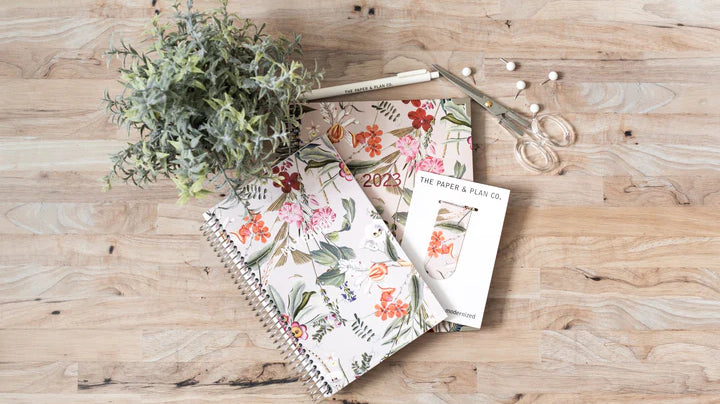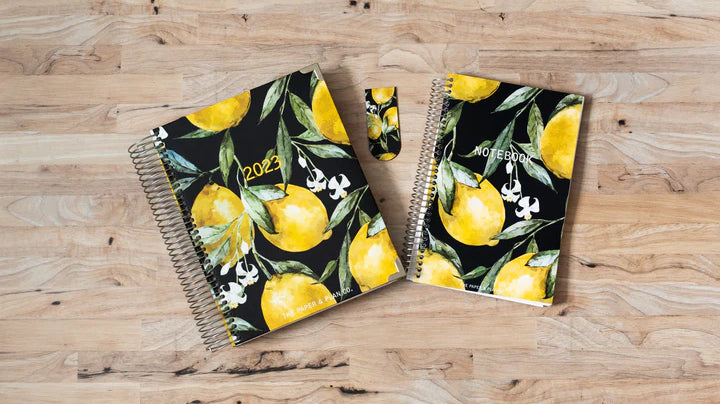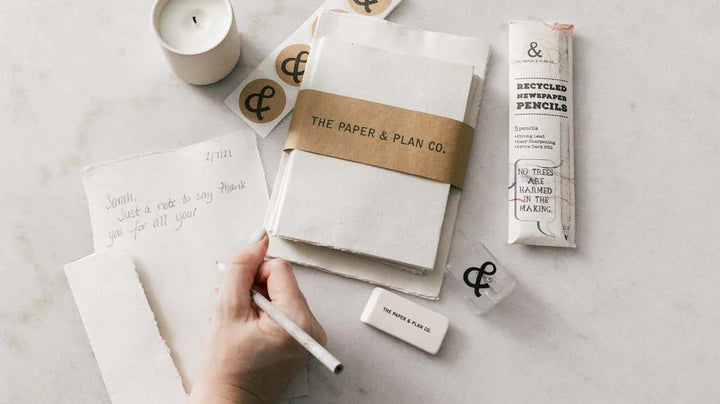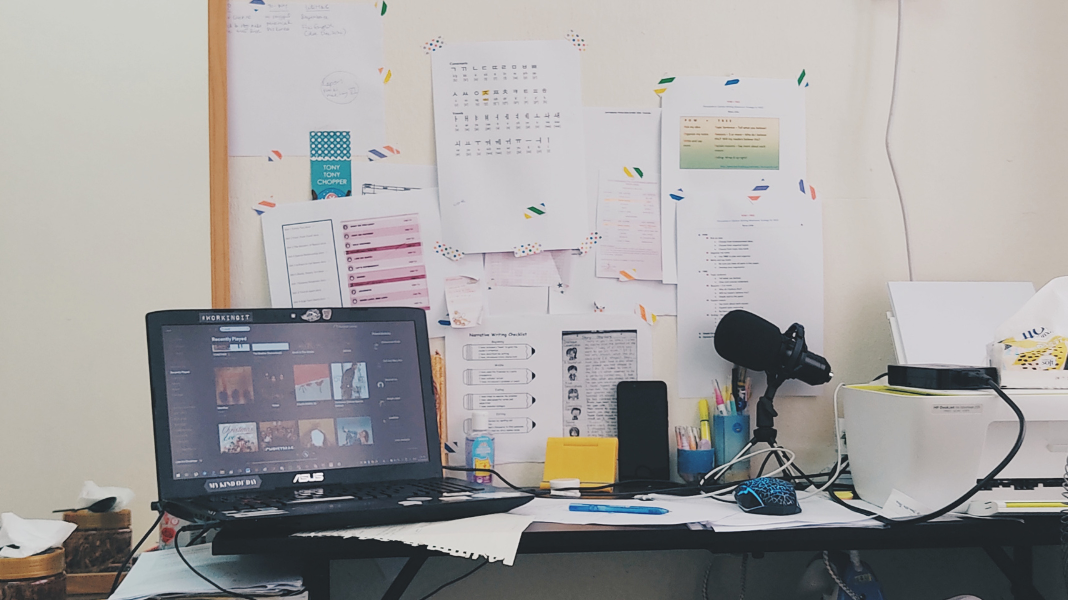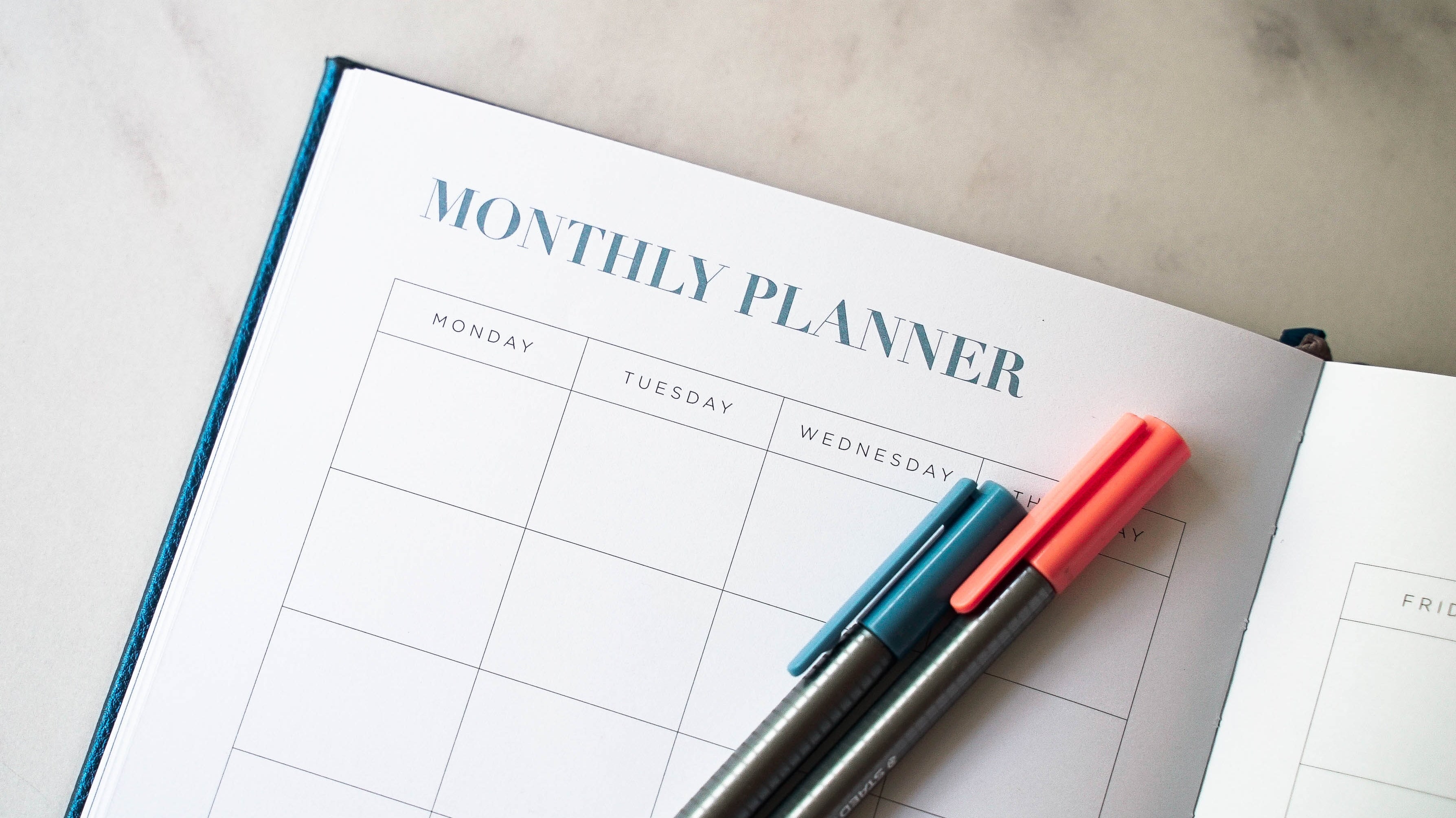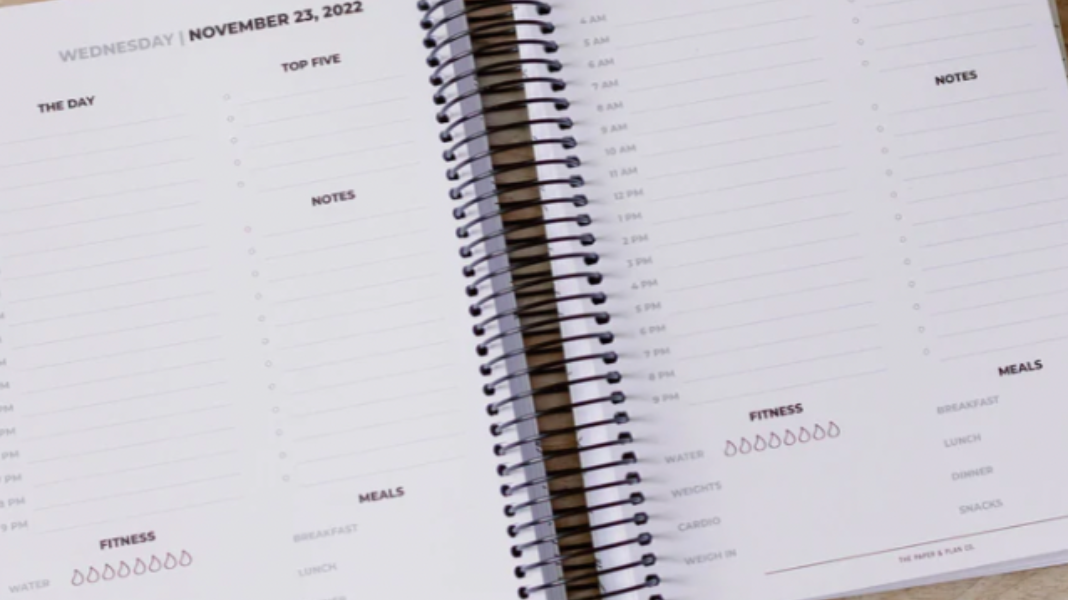Out of Your Routine? Tips to Stay Organized During Times of Change
If you're dealing with a lot of changes and uncertainty in your life, it's easy for tidying up and organizing to fall by the wayside. The impact of clutter can...
7 Ways Clutter Makes You Quit
You probably already know that clutter makes you feel anxious and overwhelmed, but it can also derail your productivity by trigger overwhelming feelings that lead to quitting. Here's a look...
How to Teach Organization to Kids
If your kids struggle with organization, it could just be time management issues or their current stage of development. Other culprits could point to lack of sleep or issues with...
5 Quotes on Organization to Inspire Your Day
You're not alone if you're struggling to stay on top of your organization and dig out from the clutter. Studies show that 27% of people said they feel disorganized at work;...
The Power of Saying Thank You (and How to Do It)
If you're feeling preoccupied and too busy to reflect in your daily life, you might be missing out on a powerful opportunity to say thank you. Saying thanks and...
How to Stay Motivated to Use Your Planner
If you can't seem to stick to a daily planner, the issue may be how you approach it as a productive habit. Does it lay left undone as a chore?...
What Is Executive Function (and Why You Need It In Your Life)
Are you struggling to stay organized and motivated throughout your day? You may need help strengthening your executive function skills. From goal setting to following through on asks, here's how...
What Struggling to Stay Organized Means (and What to Do About It)
Struggling to stay organized isn't a matter of self-discipline. There can actually be root causes of issues like distraction and overwhelm. It's also a common problem. Surveys shows that 54%...
Ways to Quickly Boost Your Mood
If you're struggling with a bad mood and feel like you picked it up out of nowhere, you might be right. Studies show that bad moods really do spread faster than good...
How Clutter Impacts Your Mental Health (and What to Do About It)
Imagine a messy room. Maybe there are dishes stacked in the sink or laundry sitting in the hamper on the bed, waiting to be folded? Or maybe it’s the living...
How to Organize Your Side Hustle and Succeed
If you’re like most people, you have something you’re passionate about. And if you’re motivated by it to make a living from it, you might start small with a side...
8 Unique Ways to Use Your Planner
A planner is more than just for housing and organizing your events, activities, and to-do lists. It can also be used in fun creative ways to add more value and organization to your life! Check out our favorite unique ways to utilize your Paper & Plan Co. planner!

